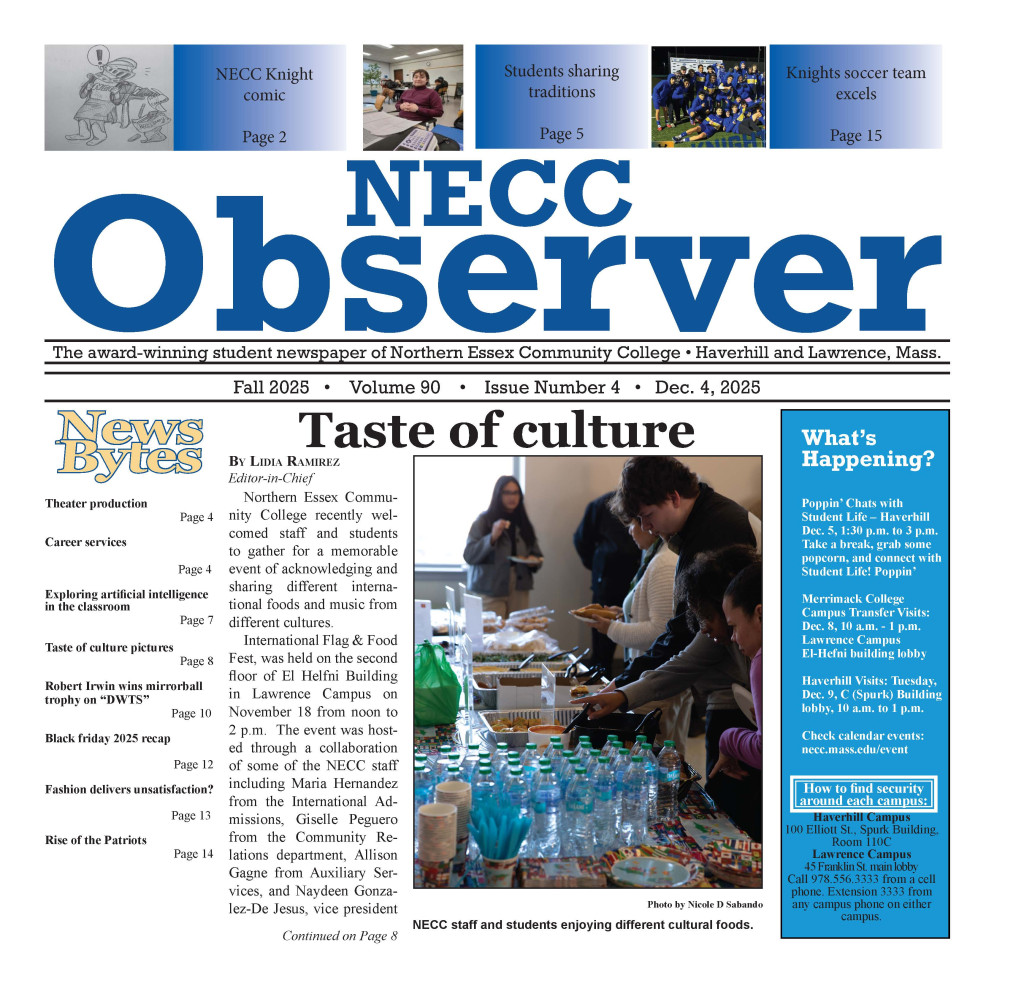Across several mainstream media outlets it is reported that Elon Musk has purchased popular social media app, Twitter. Twitter is a social media platform designed in a way that allows users to post, like, and share short public messages called “Tweets.”
As many are aware, Musk is currently the wealthiest man on the planet with an estimated net worth of 219 billion dollars.
It can be anticipated that Musk, a self-proclaimed defender of free speech, will be making changes to Twitter’s user policies.
Local students react to this development.
A North Shore Community College student who wished to remain anonymous is welcoming the change. “I have always been a fan of Elon Musk. I don’t mean politically, but more what he’s done in technology. I think it will be interesting to see what he does with Twitter.”
When asked about his opinion on the possibility of censorship policies being changed, the source replied “I’m not too worried about it, but I do hope some policies will remain in place if it’s a matter of safety of course. I don’t really use Twitter so it doesn’t personally affect me.”
According to NPR, social media experts worry that if Musk relaxes restrictions, Twitter will be vulnerable to those who post misinformation, harass others, and pose threats to public safety, according to NPR. .
Elizabeth Callahan and Brandon McRae, both students at Southern New Hampshire University, share similar concerns.
“I think censorship policies that are put in place to protec people from predatory articles containing misinformation are important. Also, posts that are verbally abusive in nature should be censored as well. I hope that these policies don’t change. If they do, I think many people will leave the platform,” said Callahan.
McRae states “I’m all for freedom of speech and I think Musk is coming from a good place, but I also believe that if hate speech and other things like that are tolerated onTwitter then it will become a completely different social media site.”
When McRae is asked if he’ll continue to use Twitter he responded “I don’t use it frequently as is, but I would probably not use Twitter if it became a place where expressing bigotry was acceptable.
When discussing topics such as freedom of speech, fake news, and keeping citizens safe in a time where technological advancements have made harassment more common, it is important to carefully consider how these issues arise and what their relationship to social media is.
Controlling a universally used social media platform requires a strong sense of responsibility to the public.

